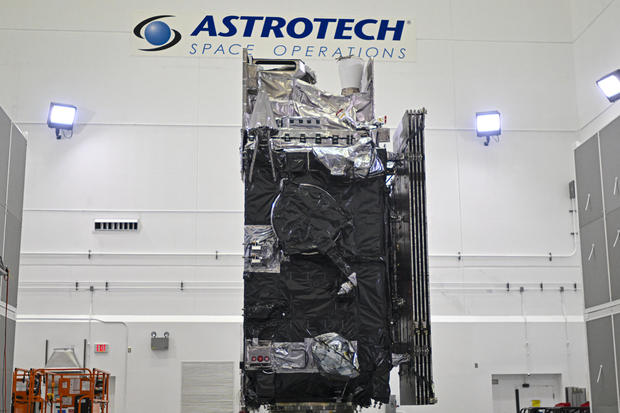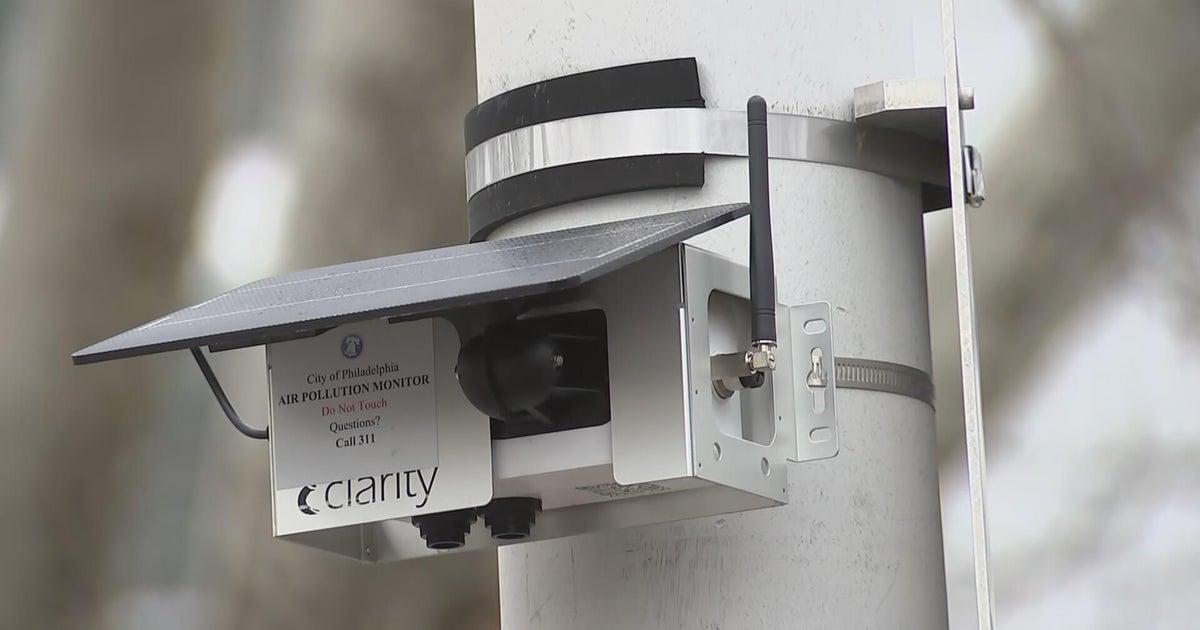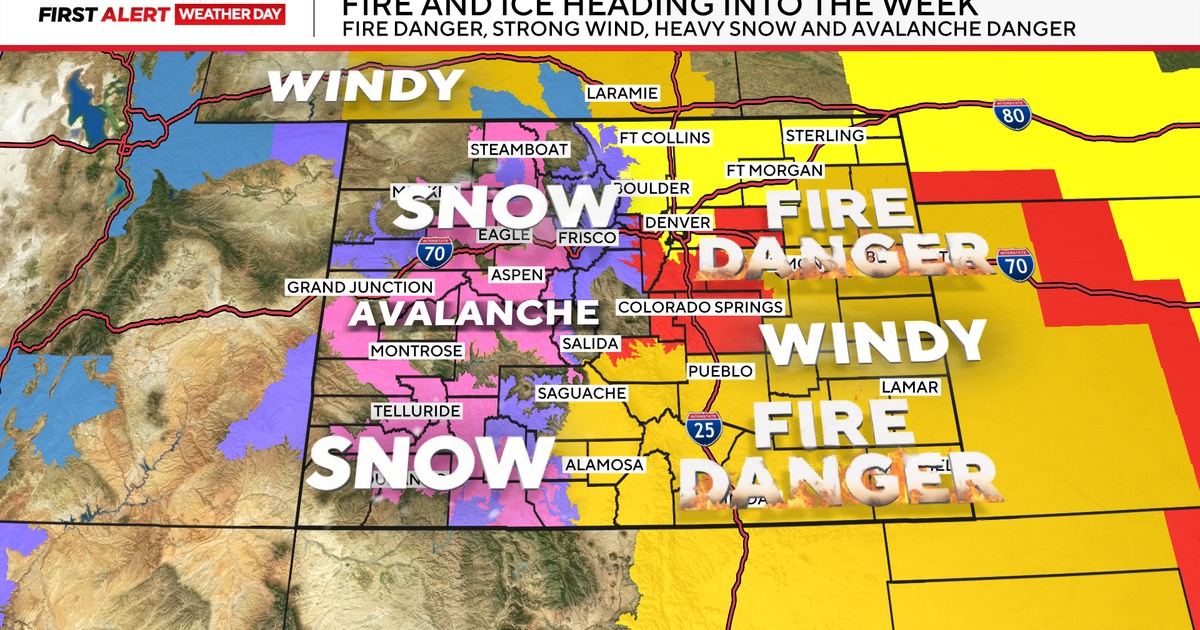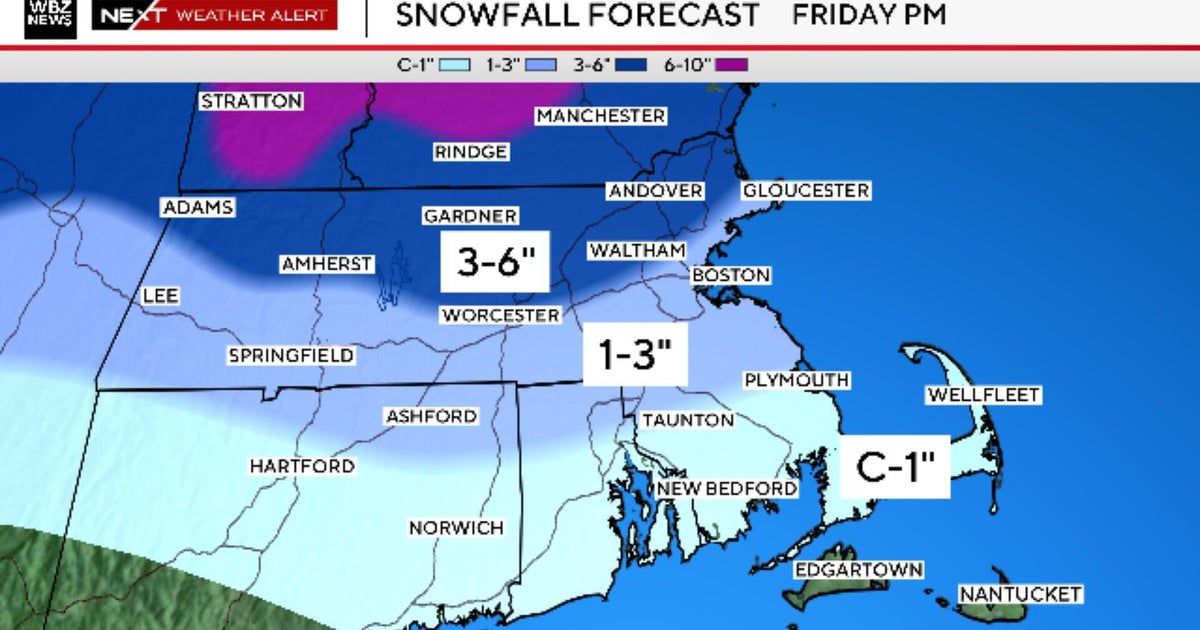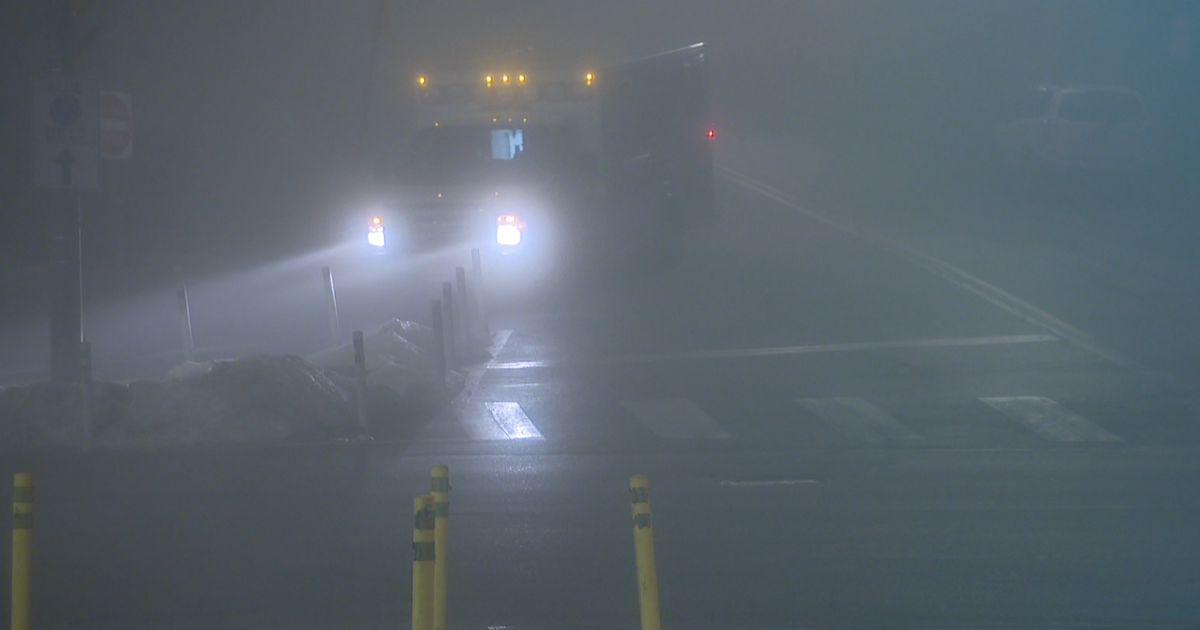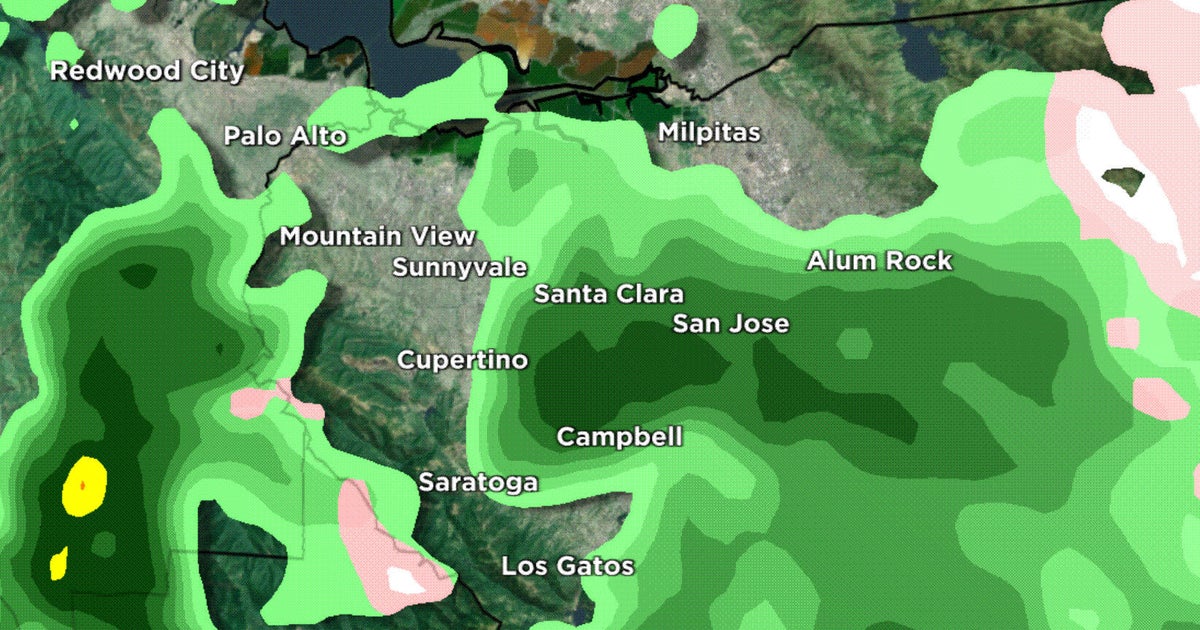NOAA prepares to launch weather satellite GOES-U
MINNEAPOLIS — The National Oceanic and Atmospheric Administration, or NOAA, is getting ready to launch a new weather satellite into space.
GOES-U, the newest geostationary satellite, will live more than 22,000 miles from Earth, orbiting at the same speed at the planet.
On board will be what's called the Advanced Baseline Imager, keeping an HD eye on the atmosphere and ocean as often as every 30 seconds.
"The early detection is everything. And having the instrumentation, and especially the rapid scan, to be able to have information quickly. Because we have something that is such a challenge, called rapid intensification, where a hurricane is just a band of clouds become a strong system so quickly," said Ken Graham, director of the National Weather Service.
That'll help not just with hurricanes, but severe thunderstorms, flooding downpours, fog and even fires, thanks to the Geostationary Lightning Mapper, which is also a part of the package.
"Lightning detection is a key to some of our early warnings for the fire weather community. So a lightning strike in a dry area in a time of the year that can cause a fire, that's an indicator to us that there could be a potential fire started," Graham said.
GOES-U will eventually be named GOES-19 once operational and replace GOES-16, currently watching over the eastern U.S. and Atlantic.
When it does become operational after some testing, it will even be able to help detect incoming solar storms with its newest instrument, the Compact Coronagraph, which will keep a constant eye on the sun's surface.
"It's very important for us to measure space weather effects and be able to model and provide warnings, forecasts and alerts for space weather to protect our technological society," said Elsayed Talaat, director of the Office of Space Weather Observations.
NOAA says GOES-19 will operate well into the 2030s until the next generation of satellites is ready to take over.
The launch is scheduled for next Tuesday from Kennedy Space Center on a Space-X Falcon Heavy rocket.

